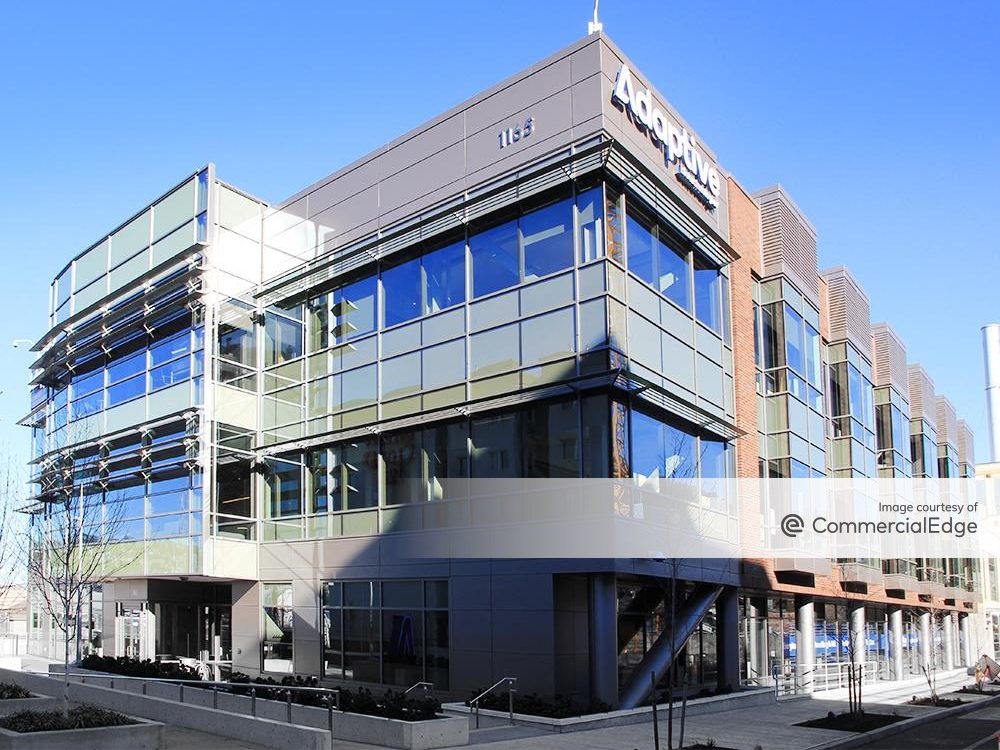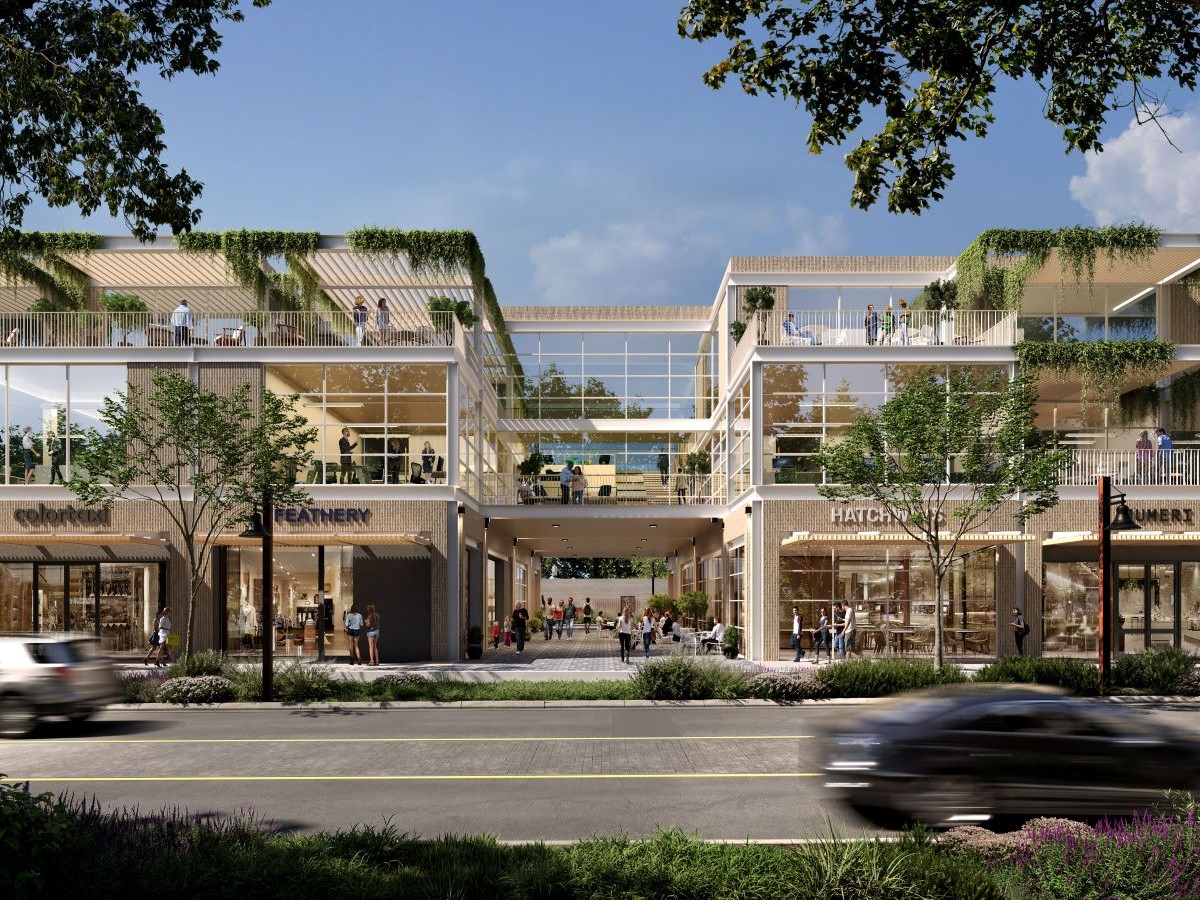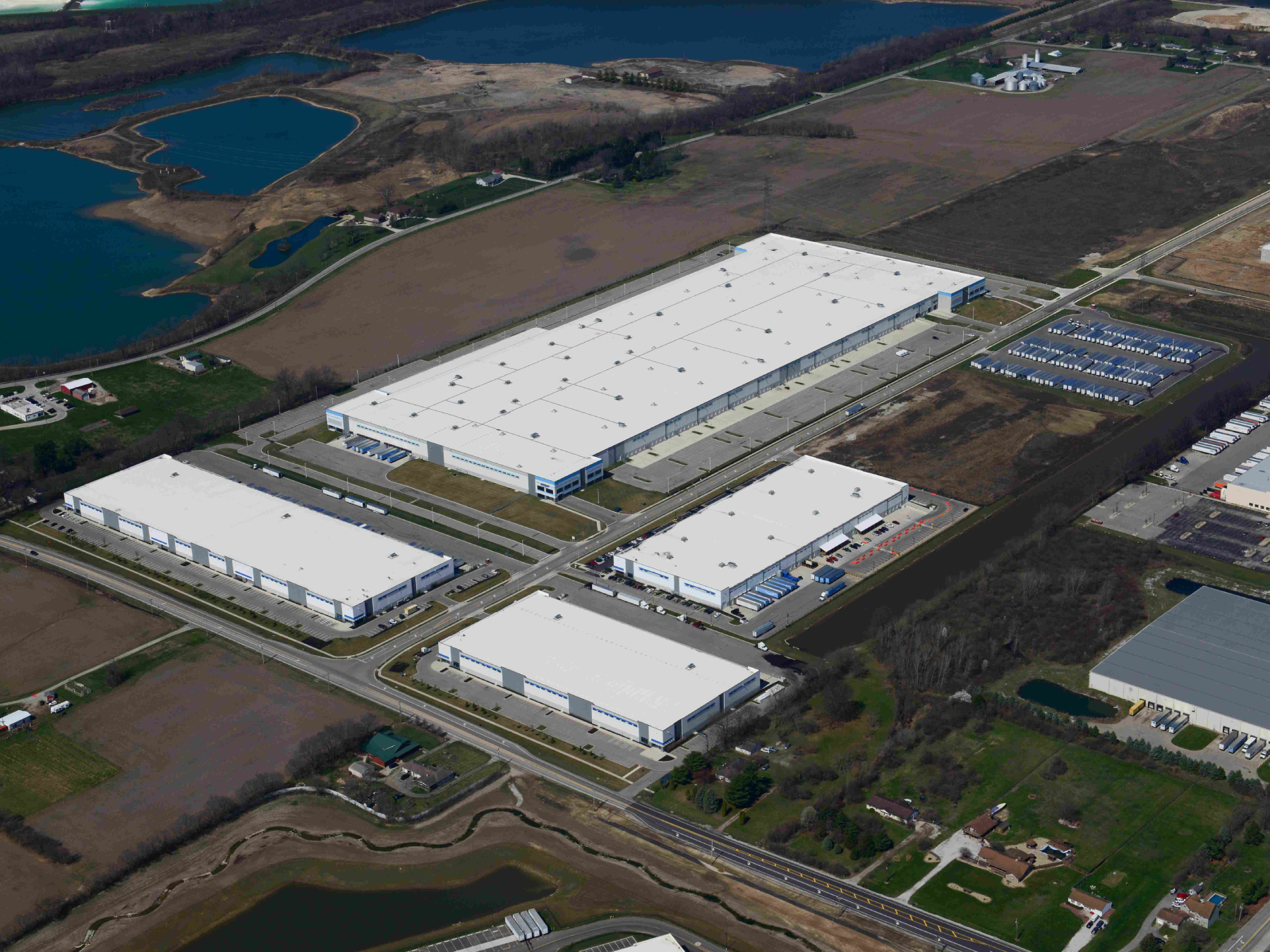Alexandria Cashes In $150M for Seattle Asset
The Lake Union property came online just three years ago.

Alexandria Real Estate Equities has completed the sale of 1165 Eastlake Ave. E, a life science building in Seattle’s Lake Union submarket, to long-term tenant Fred Hutch Cancer Center. The asset sold for $150 million. Alexandria delivered the property in 2021 as a 100,086-square-foot Class A+ facility.
The developer has also formed a joint venture with Fred Hutch regarding two buildings—1201 and 1208 Eastlake Ave. E—through an affiliate, using a transfer of partial interests from its prior joint venture partner. Alexandria maintains a 30 percent ownership in these assets, which total 206,031 square feet.
Alexandria, which entered Seattle’s life science market in 1996, will use proceeds from the 1165 Eastlake disposition for its development and redevelopment projects.
Seattle’s life science real estate market has recorded significant growth in recent years, driven by advancements in biotechnology, increased venture capital funding and a strong talent pool, Daniel Maldonado, managing director, life sciences for the Americas at Unispace, told Commercial Property Executive.
READ ALSO: What Will Future Lab Space Look Like?
“Prominent players in the biotech and pharmaceutical sectors, such as the Fred Hutchinson Cancer Center … along with major companies like Bristol Myers Squibb, AstraZeneca, Moderna, Gilead and Seagen, have firmly established Seattle as a leading life sciences hub,” Maldonado added. “This status is further enhanced by the city’s proximity to a major research institution, the University of Washington.”
He also said that South Lake Union, a focal point for biotech innovation, has seen much of the demand for space. Still, neighboring areas including the Eastside and First Hill are also emerging as important sites for expansion.
“Although venture capital funding has seen a significant decline in value and number of deals in 2024, the potential for an upcoming interest rate cut could stimulate investment and improve the current market conditions. With more than 9 million square feet of available space and a vacancy rate still above 11 percent, there is substantial opportunity for growth and development in Seattle’s life science real estate sector.”
Early renewals executed
Alexandria has also closed on early renewals at both above-mentioned properties, including a 15-year extension at 1201 Eastlake, for the entire building.
In June, a top-20 pharmaceutical company took over 127,300 square feet in a 10-year lease with Alexandria, including expansion options at 10075 Barnes Canyon Road Building C, a 253,000-square-foot life science building under construction in San Diego. Upon completion in 2025, the space will be used as a new R&D facility, upping the company’s footprint in San Diego by more than 50 percent.
READ ALSO: BioMed’s Gateway of Pacific: Where Life Sciences, Tech and ESG Meet
The building is part of SD Tech by Alexandria Mega Campus, a development of Alexandria Real Estate Equities in the Sorrento Mesa submarket of San Diego.
In April, Alexandria closed on an early renewal and six-year extension with Intro, a machine learning-powered drug discovery and development company, for 143,188 rentable square feet in the Alexandria Center for Advanced Technologies, South San Francisco campus. The six-year extension now carries the lease through August 2034.
Recent market activity and milestones
Seattle’s lab market displays a supply-demand imbalance that provides tenants with favorable opportunities in the near term, mentioned Nick Menghini, research manager with JLL.
The Puget Sound market’s foundational growth drivers remain healthy, boosted by the area’s research institutes, which are key sources of startup firms, Menghini continued. These research groups continue to receive significant NIH funding, totaling $800 million year-to-date.
READ ALSO: National Demand for Lab Space Hits 10-Year Low
JLL reported four move-ins of 10,000 square feet or more in the second quarter of 2024 in the market, which lifted quarterly absorption to 88,000 square feet, the most since the third quarter of 2020. Most of the positive absorption came within the downtown Seattle R&D cluster. The Allen Institute for Brain Science closed the largest lease year-to-date through the second quarter, claiming 24,000 square feet at Dexter Yard North in South Lake Union.
“While availability slightly decreased, overall levels remained historically high, with 2 million square feet on the market as pandemic-driven deliveries coincided with a slowdown in demand and increased givebacks,” Menghini pointed out.
“Three projects remained under construction at quarter-end, all within the city of Seattle and scheduled to deliver by year-end 2025. Given the historic levels of availability in both new development and purpose-built, second-generation products and additional groundbreakings are unlikely for the foreseeable future.”







You must be logged in to post a comment.